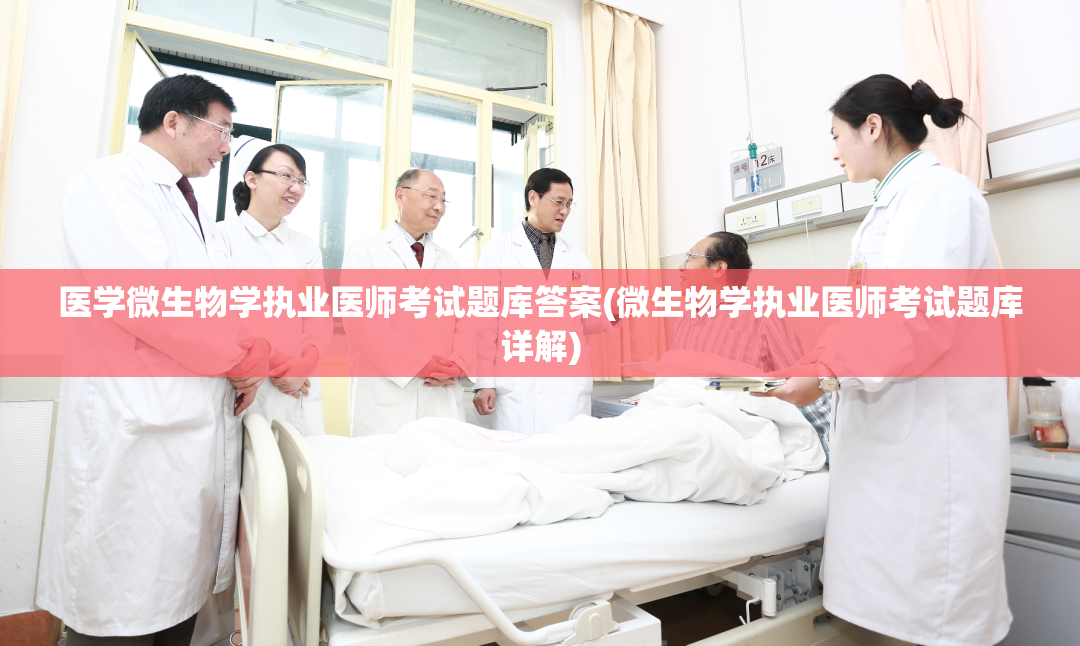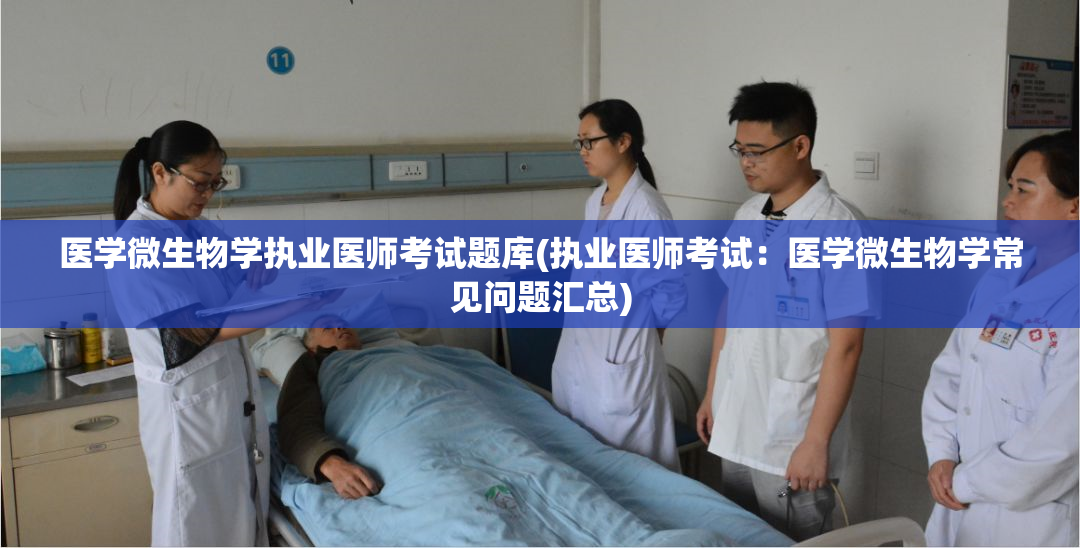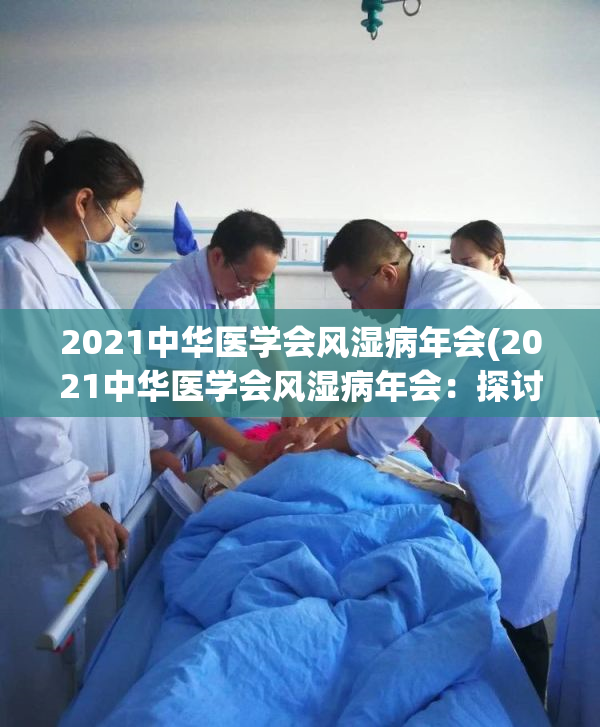Introduction
Traditional Chinese Medicine (TCM) has been used for thousands of years to treat a wide range of ailments. TCM utilizes natural ingredients such as herbs, roots, and plants to create remedies that promote health and wellness. One key aspect of TCM is the study of herbal pharmacology, or the use of herbal medicine to improve health outcomes. This article focuses on the study of Chinese herbal pharmacology, specifically the principles of Chinese herbal formulas and preparation methods.
Principles of Chinese Herbal Formulas

Chinese herbal formulas are specific combinations of herbs designed to address a particular ailment or health concern. The principles of Chinese herbal formulas are based on several factors, including the specific symptoms being treated, the underlying causes of those symptoms, and the patient's overall constitution and health history. A formula may contain anywhere from two to dozens of herbs, each chosen for their unique properties and synergistic effects with other herbs in the formula. By combining different herbs in specific ratios, Chinese herbal formulas are designed to support optimal health and wellness.
Preparation Methods
Chinese herbal formulas can be prepared using a variety of methods, including decoctions, powders, pills, and tinctures. The most traditional method of preparation is through decoction, or boiling the herbs in water to extract their medicinal properties. This method allows for the most complete extraction of the herbs' beneficial compounds, but can be time-consuming and require specialty equipment. Other methods, such as powders, pills, and tinctures, offer more convenience but may not extract all of the herbs' beneficial compounds.
Quality Control
One challenge in the preparation of Chinese herbal formulas is ensuring quality control. Due to the use of natural ingredients, there can be a great deal of variation in the potency and purity of herbs used in formulas. To combat this, many TCM practitioners use certified suppliers who adhere to strict quality control protocols and use only high-quality, wild-crafted or organically grown herbs. Additionally, TCM practitioners often perform a variety of tests, including organoleptic testing, microscopy, and chromatography, to verify the composition and quality of the herbs used in their formulas.
Side Effects and Safety Considerations
While natural, Chinese herbal formulas can still have potential side effects and interactions with other medications. TCM practitioners are trained to identify potential risks and contraindications for each patient, and to adjust the formula or dosage accordingly. It is important to consult with a qualified TCM practitioner before beginning any herbal remedy to ensure its safety and effectiveness for your specific health concerns.
Conclusion
Chinese herbal pharmacology is an important aspect of TCM, offering a natural way to support optimal health and wellness. By utilizing specific principles of formula composition and preparation methods, TCM practitioners can offer personalized remedies based on each patient's unique health history and constitution. With proper quality control measures and safety considerations, Chinese herbal formulas can be a safe and effective option for promoting overall health and wellness.









